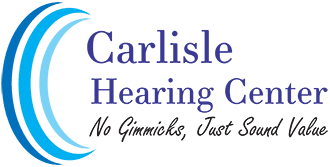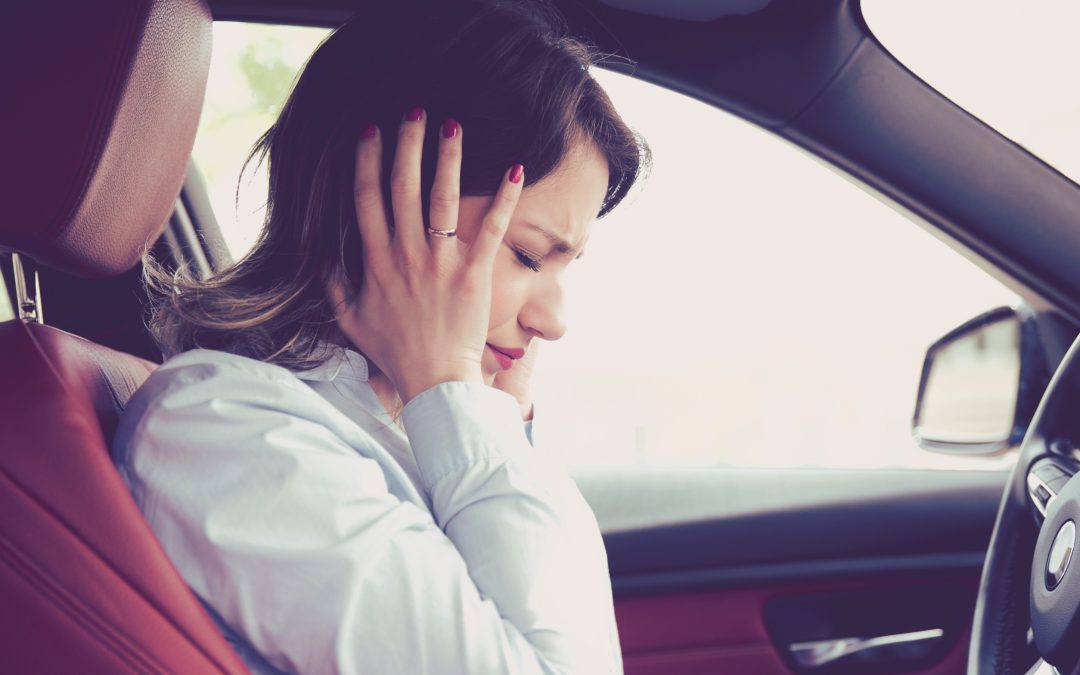Have you ever fretted about developing hearing loss because of exposure to loud noise? Whether it’s from your work environment, a live concert, recreational activities, or other circumstances in life — such as accidents — understanding how exposure to loud noise can damage our hearing is essential.
This blog post examines the background of this process and explains how long-term exposure to excessive sound levels can cause permanent hearing loss. With an understanding of the mechanism behind noise-induced hearing loss (NIHL), we can ensure that we are taking appropriate steps for prevention and protection.
Hearing Loss and Its Causes
Hearing loss is a common condition that affects millions of people worldwide. Various factors can cause it, including age, exposure to loud noise, certain medications, and genetic predispositions.
Hearing loss can have a significant impact on an individual’s quality of life, affecting their ability to communicate effectively, participate in social activities, and enjoy hobbies and interests.
It’s important to understand the various causes of hearing loss and seek professional help if you suspect you or a loved one are experiencing this condition. With the proper diagnosis and treatment, individuals with hearing loss can manage their symptoms and still lead fulfilling lives.
How Does Loud Noise Impacts Hearing Loss?
Exposure to loud noise can have a significant impact on our hearing ability, causing hearing loss or damage. It’s essential to understand the risks associated with noise exposure, especially for those who work in noisy environments, attend concerts, and sporting events, or use loud machinery or equipment regularly.
When the ears are frequently exposed to loud noise, the tiny hair cells in the inner ear can become damaged, resulting in temporary or permanent hearing loss. To prevent hearing damage, it’s important to wear ear protection when working or attending loud events, take frequent breaks from noise exposure, and limit time spent in noisy environments whenever possible. Remember, protecting our hearing is essential for maintaining a high quality of life.
What is a Decibel Scale and How Can It Help Me Measure Noise Levels Around Me
Understanding the decibel scale can be incredibly helpful in measuring noise levels in your environment. The decibel scale is a logarithmic measurement of sound that ranges from 0 dB (the quietest sound a human can hear) to 194 dB (the loudest sound possible before it becomes painful).
By utilizing this scale, you can accurately measure the sound around you and determine if it is at a safe level or potentially harmful to your hearing. With the knowledge of the decibel scale, you can take precautions to protect your hearing and create a safe and comfortable environment for yourself and those around you.
Common Sources of Loud Noise Around You
In today’s world, noise pollution has become a significant problem that affects our physical and mental health. We often encounter loud noises around us, which may cause discomfort, hearing problems, and even chronic stress.
Common sources of loud noise include traffic, construction sites, concerts, and noisy machines in our workplace. Traffic noise, especially during peak hours, can be unbearable in urban areas, often contributing to hearing loss and high blood pressure.
Construction sites are another significant source of noise pollution that can last for months, if not years, leaving nearby residents with no respite. Loud music at concerts and events can also contribute to hearing problems if attended regularly or for extended periods.
Lastly, noisy machines in the workplace, such as motors, drills, or power tools, can also lead to hearing loss and fatigue over time.
Protecting Your Ears From Damage Caused By Loud Noises
Protecting our hearing is an essential part of maintaining overall health and well-being. Exposure to loud noises can cause permanent damage to the delicate structures of the ear, leading to hearing loss and other related issues.
To safeguard our hearing from such damage, one must take precautionary measures, such as wearing earplugs, limiting exposure to loud noises, and maintaining a safe distance from sources of high-decibel sounds.
With the rise of noise pollution in many environments, such as concerts, construction sites, and even our daily commutes, protecting our ears has become more critical. Therefore, it is crucial to take proactive steps to protect our hearing and preserve our quality of life well into the future.
Tips for Reducing Exposure to Unnecessary Noises
Noise pollution is everywhere, and it can impact our health and well-being significantly. Whether it’s the construction noise outside your window or the constant chatter of coworkers, unnecessary noise can be a significant source of stress and distraction. Fortunately, there are practical steps you can take to reduce your exposure to unwanted noise.
One simple tip is to invest in a good pair of noise-cancelling headphones or earplugs. Another is to establish quiet zones in your home or office where you can work without distraction. It’s essential to be mindful of your noise levels, as well as the noise levels of those around you.
By taking these simple steps, you can help create a more peaceful and focused environment for yourself and those around you.
About Us
At Carlisle Hearing Center, we are dedicated to providing quality care toward improving your hearing health and quality of life. Hearing-related issues can often make you feel alone, but with our technologically advanced, affordable hearing aid solutions and top-notch advice, you can confidently live your life, assured that we are always looking out for you and your loved ones!
Contact us today to schedule your free hearing test, or visit our website to learn more about our fitting and dispensing hearing aid solutions.

